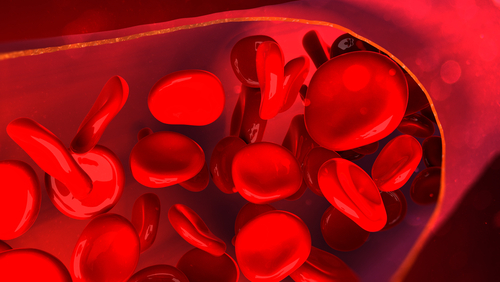Positive Data on Eloctate and Alprolix on Long-term Joint Health, Bleeding in Hemophilia to Be Presented
Written by |

Treatment with Eloctate and Alprolix improves joint health, bleeding episodes and quality of life of patients with hemophilia, Bioverativ and Sweden’s Sobi recently announced.
The data is being presented at the International Society on Thrombosis and Haemostasis (ISTH) 2017 Congress, through July 13 in Berlin, Germany.
Hemophilia is a rare genetic disorder caused by missing or defective clotting factors, leading to impaired blood clotting. Eloctate and Alprolix are FDA-approved synthetic coagulation factors VIII and IX, specifically for hemophilia A and B, respectively. The proteins are engineered with the Fc portion of the protein IgG1 to prolong the time (half-life) that the therapy is present in the patient’s circulatory system.
The scientists will present the latest updates on the ASPIRE and B-YOND studies, two long-term follow-up assessments in adults, adolescents and children. The data support prior results of safety and effectiveness studies of Eloctate and Alprolix.
Most bleeding episodes in patients with severe hemophilia occur in the joints, causing irreversible damage. Prophylaxis, or prevention, is currently the recommended optimal therapy for bleeding and joint destruction.
Of note, “new data supporting Eloctate’s and Alprolix’s impact on long-term joint health when used prophylactically will be presented at ISTH,” Maha Radhakrishnan, MD, senior vice president of medical at Bioverativ, said in a press release.
Specifically, the study showed that treatment with Eloctate and Alprolix improved joint health scores and joint annualized bleed rates (ABRs) in hemophilia patients.
The scientists say claim the new results “will reinforce that Eloctate and Alprolix treatment can maintain low ABRs, therefore helping improve the long-term quality-of-life for people with hemophilia A and B,” said Krassimir Mitchev, MD and PhD, vice president and medical therapeutic area head of haemophilia at Sobi.
In addition, “improvements were seen in patients utilizing these therapies over several years, with the most pronounced improvement in areas including physical health and sports and leisure.”
Therapies with clotting factors can lead to the development of inhibitors, which is a serious complication for hemophilia patients. Treatment with immune tolerance induction (ITI) to eradicate inhibitors can represent an economic burden for patients and their families. A retrospective chart analysis done in the U.S. and Canada on the use of Eloctate for ITI in severe hemophilia A patients with inhibitors will also be discussed at the congress.


